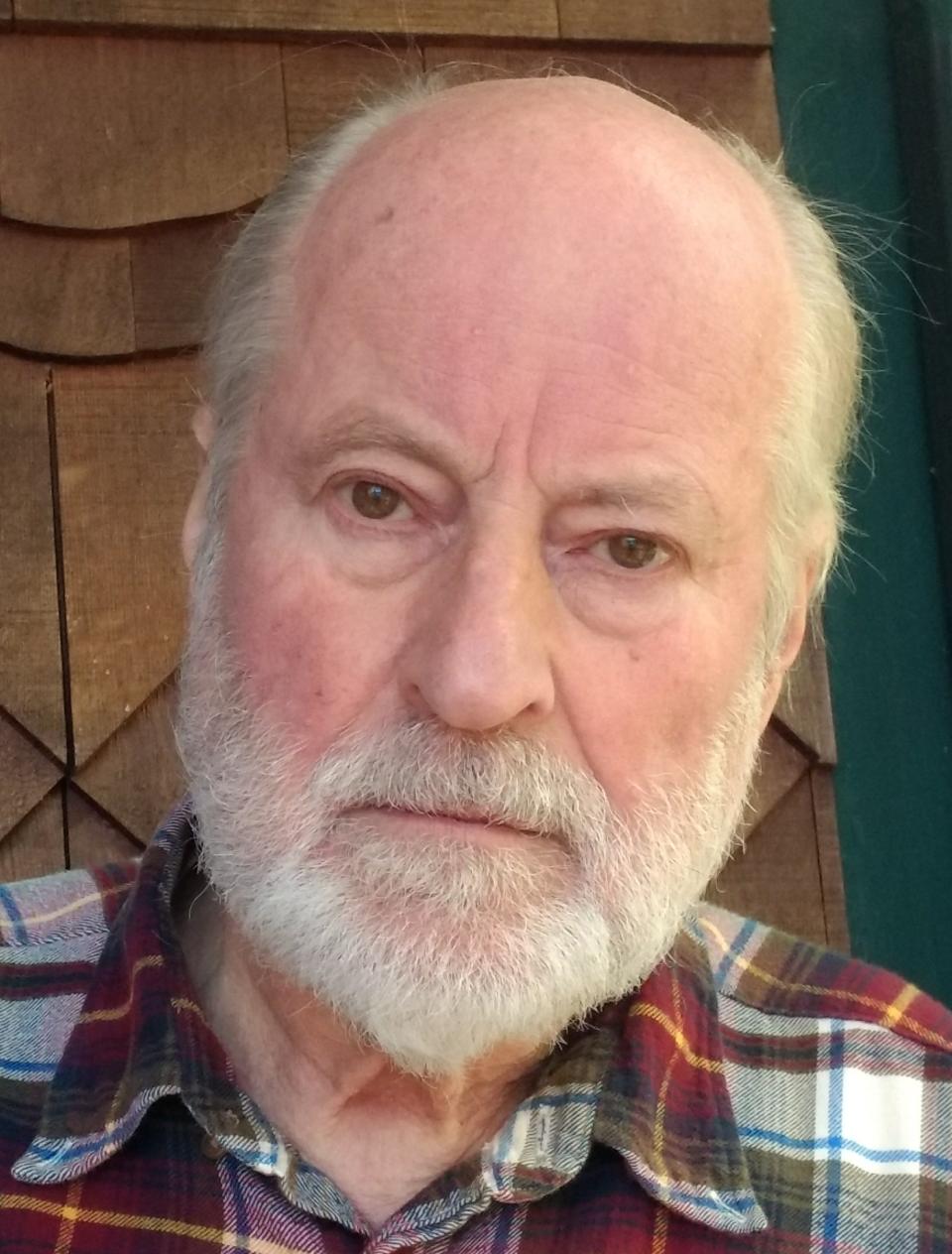Are math and standardized tests the measure of all things?
As reliably as Persephone returns from Hades every Spring to spread light and rebirth, standardized tests emerge from another Netherworld to spread stress and fear.
Since business CEOs, politicians and the media have for years bemoaned Washington’s low math and language test score, Olympia passed in 1993 the Washington Legislature’s Reform Act,and WASL in 1997, to improve learning outcomes. WASL changed to HSPE exams, then SBAC, and now to SBA. In 2014, Senate Bill 5246 even required schools to make test scores a component of teacher evaluation.
But neither reforms nor standardized tests resulted in higher academic performances. Math SAT scores remained unchanged, hovered around 502 to 508 out of 800, from 1963 to 2023.
In 2015, “about half of Washington’s 11th graders refused to take the federally mandated SBAC tests” and, between 2011 and 2023, many students in various states refused to take standardized tests.

An unhappy Seattle Times columnist, Danny Westneat, wrote an open letter to the Secretary of Education about the “mostly pointless federally mandated” tests and suggested to “take your No Child Left Behind law and shove it”. Ouch! A guest columnist of the Kitsap Sun referred to standardized tests as “stress and torture”.
Are standardized tests really the measure of a student’s progress, knowledge, and potential? Of course not. Unfortunately, as a teacher, I too had to teach-to-the-test. AP classes are the ultimate high stakes test classes and I “trained” my AP students with monthly trial tests for the national finals. We all were a wreck at test day, because the May exam determines whether or not the students get college credits. “Standardized tests take up weeks of instruction time” complained a fellow teacher in a Kitsap Sun opinion column published in 2021, and test anxiety can skew a test.
In 2024 the Oregon School Board of Education removed proof of mastery in math, reading and writing to graduate from high schools, because not all kids start school at he same academic level.
Former Seattle school board member Donald Nielsen wrote in his book "Every School," that “all children are different, and all children have different learning needs and interests . . . but we expect the same learning outcome . . . this rigid approach has never worked. It’s insane”.
I can relate. During my very first year of teaching, I had, in one class, 11 out of 30 sophomores testing below 8th grade in reading and writing.
Albert Einstein reminisced: “School failed me and I failed the school . . . I wanted to learn what I wanted to know, but the teachers wanted me to learn for the exam.” Steven Jobs complained that schools “came really close to beating any curiosity out of me”. And Ian Engelbeck, an high school student, suggested in a Seattle Times guest column that “students should craft their own education.”
I felt like Ian, Einstein and Steven when I was a student. I too “wanted to learn what I wanted to know” and “craft my own education”, or, as Voltaire described it, “cultivate my own garden”, nurturing imagination, creativity and curiosity. But rigid curriculum requirements, and frequent tests ruled my student life and math ruined it — so I thought.
Math, of course, is important, but should every single student be required to take the same math, and pass the same high stakes standardized math test? A 2024 Washington Post editorial even argued that math taught at school is “useless for most people”.
The D in math I earned in high school followed me to the UW. And when I applied to the College of Education to become a history teacher, I failed the math test, but barely passed, on my second try, after studying all Summer a math I never once used before or after my test.
In spite of my math deficiencies I built three houses, started and operated a printing business for 15 years, invested wisely, became a high school teacher, and led a happy, comfortable life. Being a math failure was never an obstacle.
How about allowing kids to “craft their own education”? North Kitsap High School’s popular “Independent Studies” program did just that, and HB 1308, passed in 2024, allows graduation credits for “performance based learning”. But, what exactly should students learn?
Good question, because about 2,500 years ago Socrates and the city fathers of Athens disagreed already on education.
Jim Behrend is a retired North Kitsap High School teacher. As a student, art, literature, history and woodworking were his favorite classes.
This article originally appeared on Kitsap Sun: Are math and standardized tests the measure of all things?

